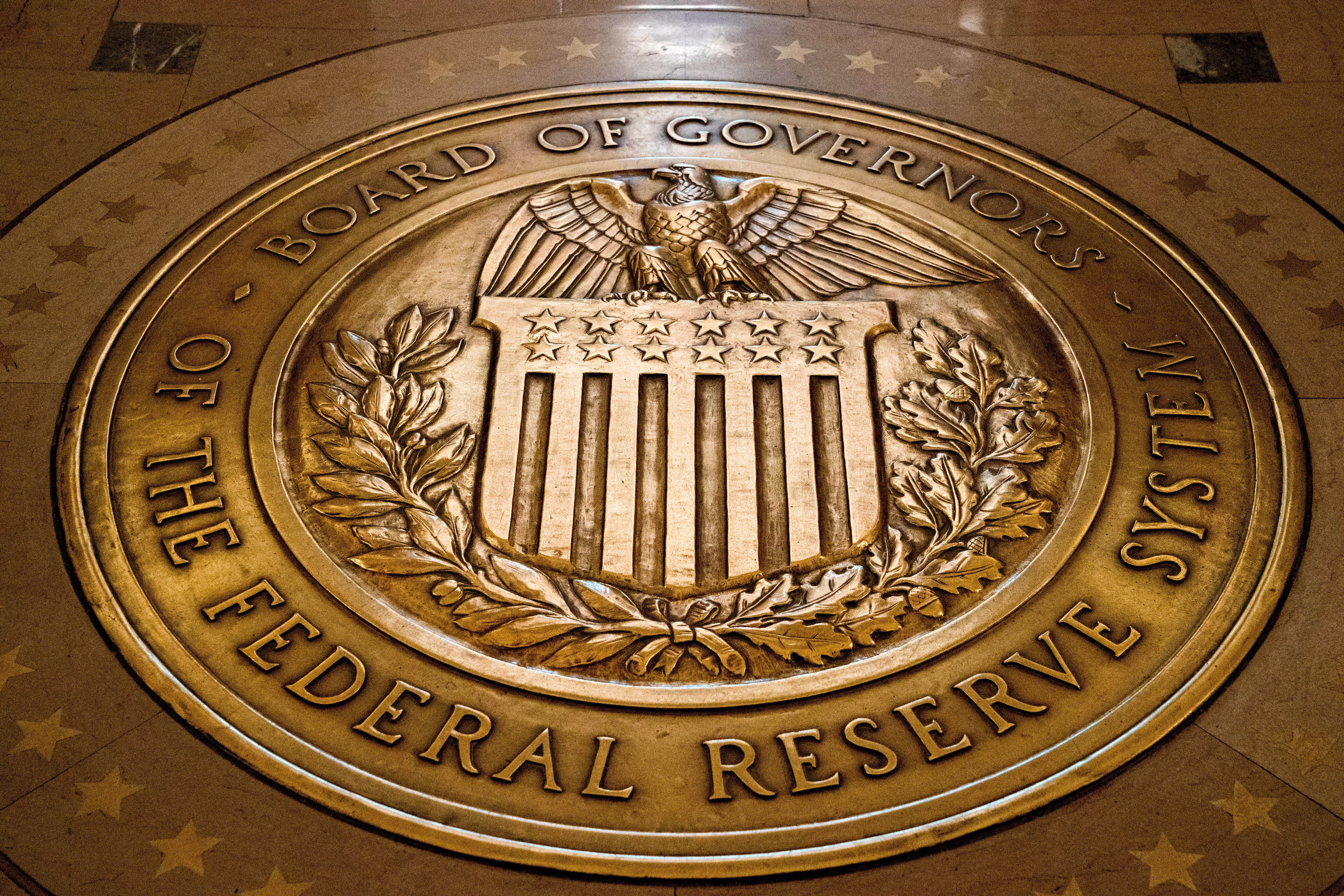The Treasury Department and the Internal Revenue Service have launched a website for Americans who didn’t file their taxes for 2018 or 2019 to submit their bank account information so they can receive their coronavirus stimulus check.
The website, created in partnership with TurboTax parent Intuit, requests full names and social security numbers of the individual as well as spouses and dependents, mailing addresses and bank account and routing numbers.
The IRS is also developing a separate online portal for those who filed their taxes but didn’t provide bank account information, which it plans to launch later in April. It will also allow users to track the status of their payment.
Social Security recipients who didn’t file a tax return in 2018 or 2019 need not take additional action as their payment will be made in the same way they receive their social security payments.
The Treasury began making promises at the beginning of the month that the “overwhelming majority of eligible Americans” would receive their stimulus checks within three weeks.
Still, the solution excludes the 8.4 million U.S. households, including 14.1 million adults, who don’t have bank accounts. For them, it could take weeks or even months for a paper check to arrive in the mail. Aaron Klein, a fellow at the Brookings Institution, suggests the government could still be looking at sending 70 million paper checks.
The IRS received 156 million tax returns last year and issued refunds to about 112 million. Some 92 million received those refunds by direct deposit.
The new IRS portal also fails to account for the 21 million tax filers from last year that received a refund by direct deposit but didn’t provide their own bank account information to receive it, instead, creating a temporary bank account called a Refund Anticipation Check.
Not sure if you qualify for a stimulus check? Check out our guide here.
Federal Reserve Chair Jerome Powell on Tuesday signaled a cautious approach to future interest rate cuts, in sharp contrast with other Fed officials who have called for a more urgent approach. In remarks in Providence, Rhode Island, Powell noted that there are risks to both of the Fed’s goals of seeking maximum employment and stable prices. His approach is in sharp contrast to some members of the Fed’s rate-setting committee who are pushing for faster cuts.
President Donald Trump’s efforts to reshape the American media landscape have led to the suspension of late-night comedian Jimmy Kimmel.
Ben & Jerry’s co-founder Jerry Greenfield is leaving the ice cream brand after 47 years. He says the freedom the company used to have to speak up on social issues has been stifled
The Federal Reserve cut its key interest rate by a quarter-point Wednesday and projected it would do so twice more this year as concern grows at the central bank about the health of the nation’s labor market. The move is the Fed’s first cut since December and lowered its short-term rate to about 4.1%, down from 4.3%. Fed officials, led by Chair Jerome Powell, had kept their rate unchanged this year as they evaluated the impact of tariffs, tighter immigration enforcement, and other Trump administration policies on inflation and the economy. The only dissenter was Stephen Miran, the recent Trump-appointee.
After a late-night vote and last-minute ruling, the Federal Reserve began a key meeting on interest rate policy Tuesday with both a new Trump administration appointee and an official the White House has targeted for removal.
The Trump administration has issued its first warnings to online services that offer unofficial versions of popular drugs like the blockbuster obesity treatment Wegovy.
Albania's Prime Minister Edi Rama says his new Cabinet will include an artificial intelligence “minister” in charge of fighting corruption. The AI, named Diella, will oversee public funding projects and combat corruption in public tenders. Diella was launched earlier this year as a virtual assistant on the government's public service platform. Corruption has been a persistent issue in Albania since 1990. Rama's Socialist Party won a fourth consecutive term in May. It aims to deliver EU membership for Albania in five years, but the opposition Democratic Party remains skeptical.
The Trump administration has asked an appeals court to remove Lisa Cook from the Federal Reserve’s board of governors by Monday, before the central bank’s next vote on interest rates. Trump sought to fire Cook Aug. 25, but a federal judge ruled late Tuesday that the removal was illegal and reinstated her to the Fed’s board.
President Donald Trump's administration is appealing a ruling blocking him from immediately firing Federal Reserve Gov. Lisa Cook as he seeks more control over the traditionally independent board. The notice of appeal was filed Wednesday, hours after U.S. District Judge Jia Cobb handed down the ruling. The White House insists the Republican president had the right to fire Cook over mortgage fraud allegations involving properties in Michigan and Georgia from before she joined the Fed. Cook's lawsuit denies the allegations and says the firing was unlawful. The case could soon reach the Supreme Court, which has allowed Trump to fire members of other independent agencies but suggested that power has limitations at the Fed.
Chief Justice John Roberts has let President Donald Trump remove a member of the Federal Trade Commission, the latest in a string of high-profile firings allowed for now by the Supreme Court.












